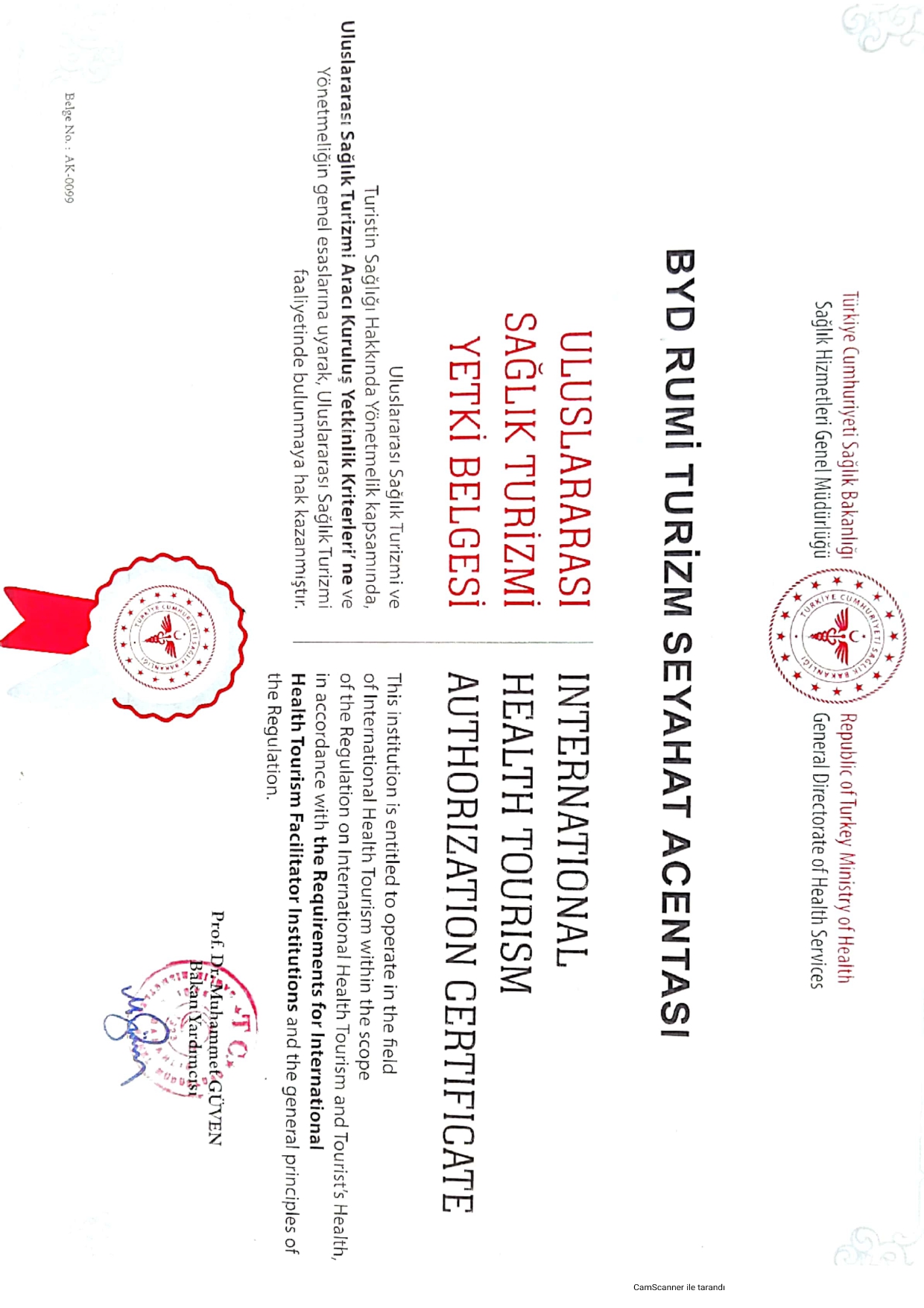Tedavi yolculuğunuz Türkiye’de başlıyor
RumiPulse, Türkiye’nin kalbinden dünya standartlarında medikal turizm hizmetleri sunar.
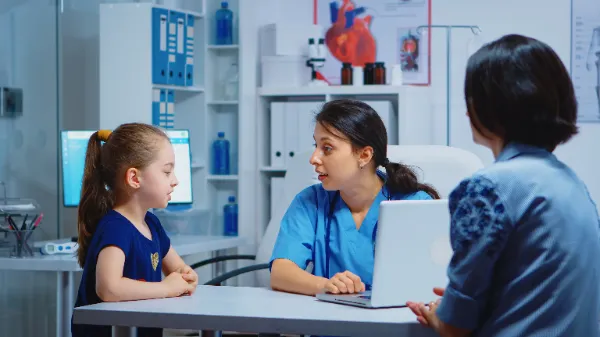









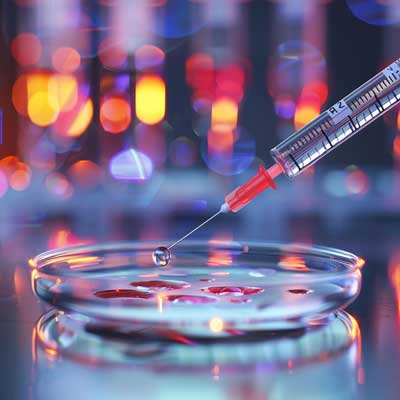 Kök Hücre Tedavisi ve Geleneksel Tedaviler: Temel Farklar
Kök Hücre Tedavisi ve Geleneksel Tedaviler: Temel Farklar
 Dijital Otizm Nedir ve Neden Ciddiye Almalıyız?
Dijital Otizm Nedir ve Neden Ciddiye Almalıyız?
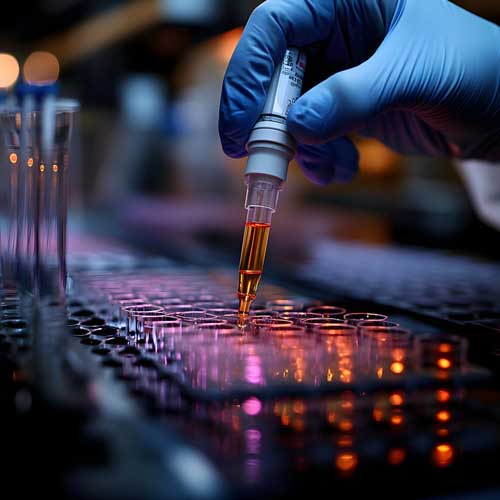 Kök Hücre Tedavisi Nedir? Tarihçesi ve Modern Tıptaki Rolü
Kök Hücre Tedavisi Nedir? Tarihçesi ve Modern Tıptaki Rolü
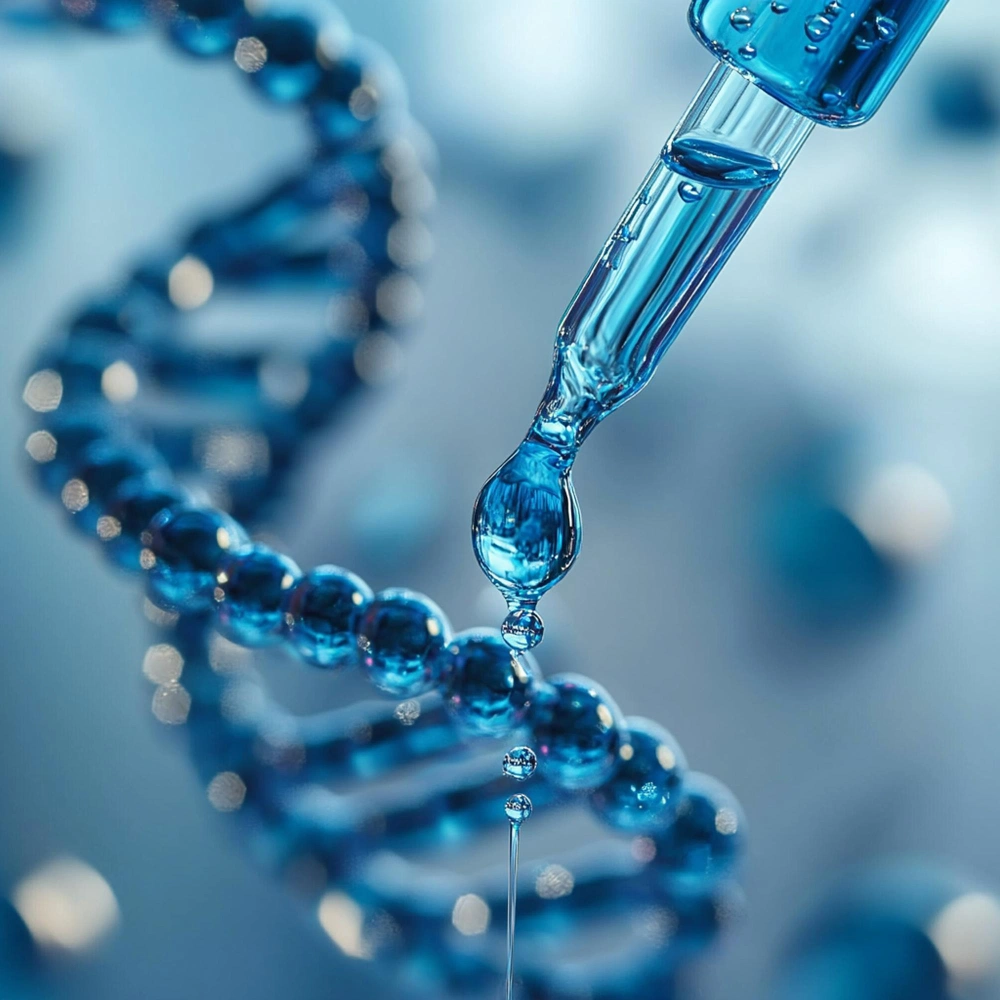 Kök Hücre Tedavisi Nedir ve Neden Herkes Bu Konuşuyor?
Kök Hücre Tedavisi Nedir ve Neden Herkes Bu Konuşuyor?
-Symptoms-1764019655.webp) Otizm Spektrum Bozukluğu (OSB): Belirtiler, Tedavi Yöntemleri ve Aileler İçin Rehber
Otizm Spektrum Bozukluğu (OSB): Belirtiler, Tedavi Yöntemleri ve Aileler İçin Rehber
 Çocuklarda Otizm Belirtileri: Erken Tanı ve Kök Hücre Tedavisinin Rolü
Çocuklarda Otizm Belirtileri: Erken Tanı ve Kök Hücre Tedavisinin Rolü
